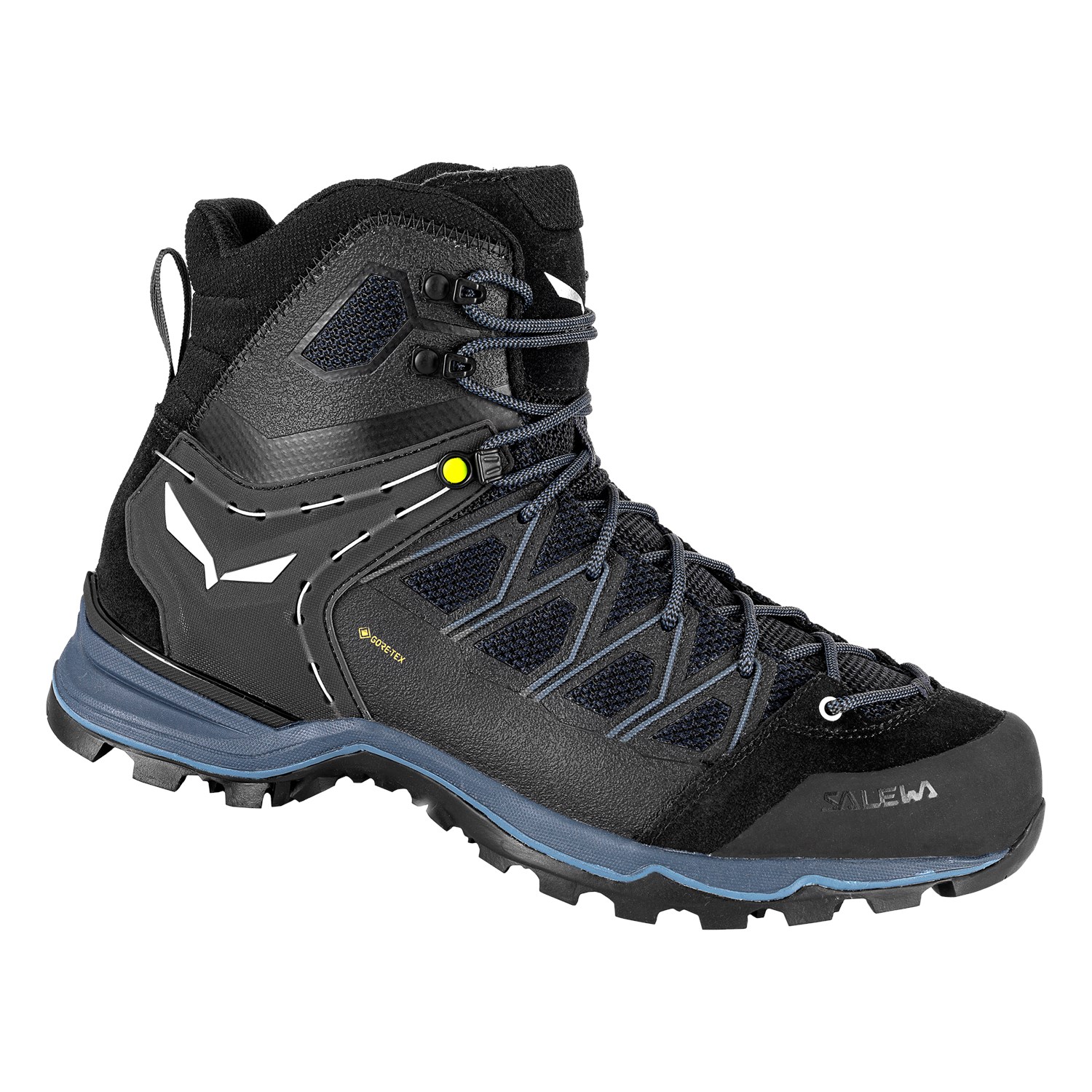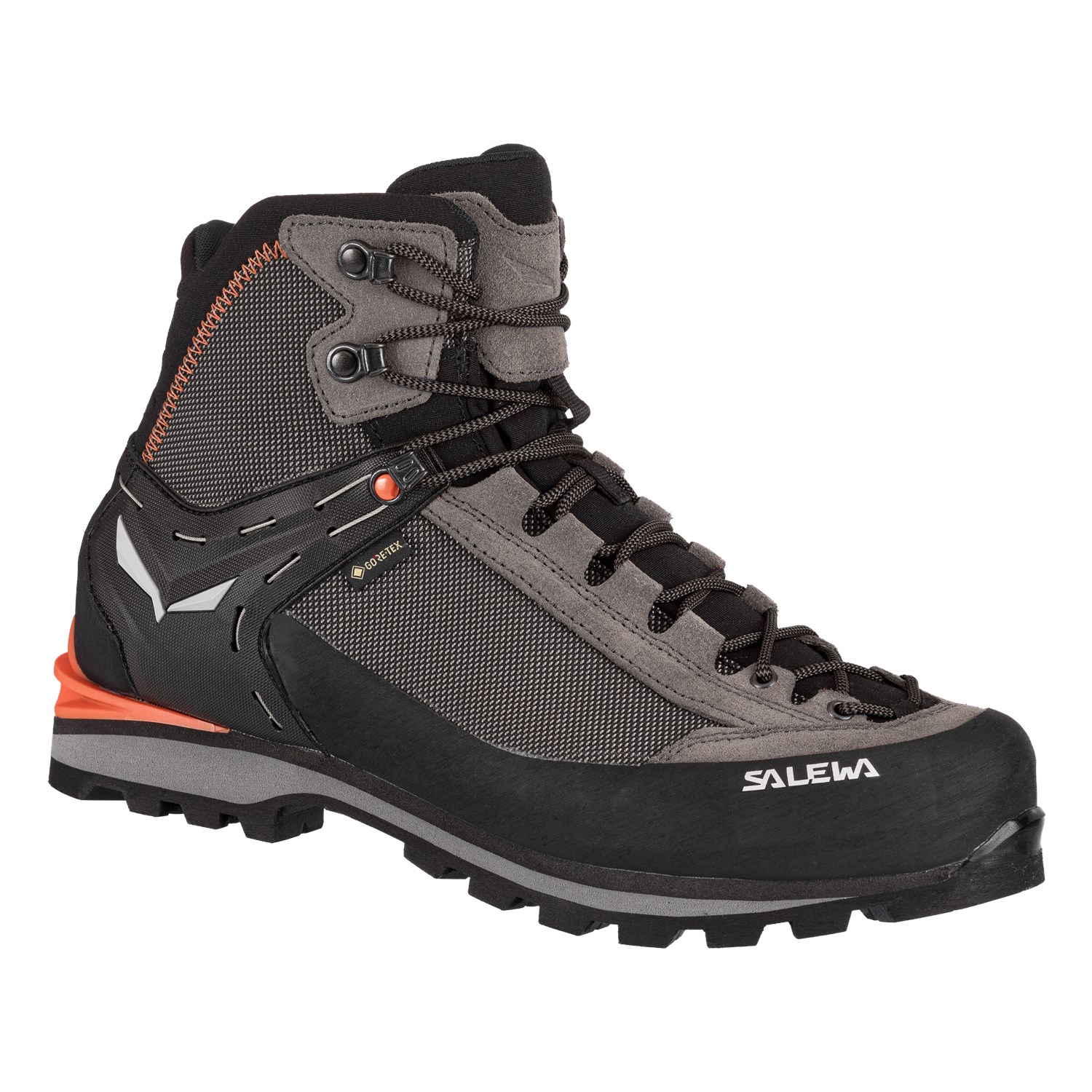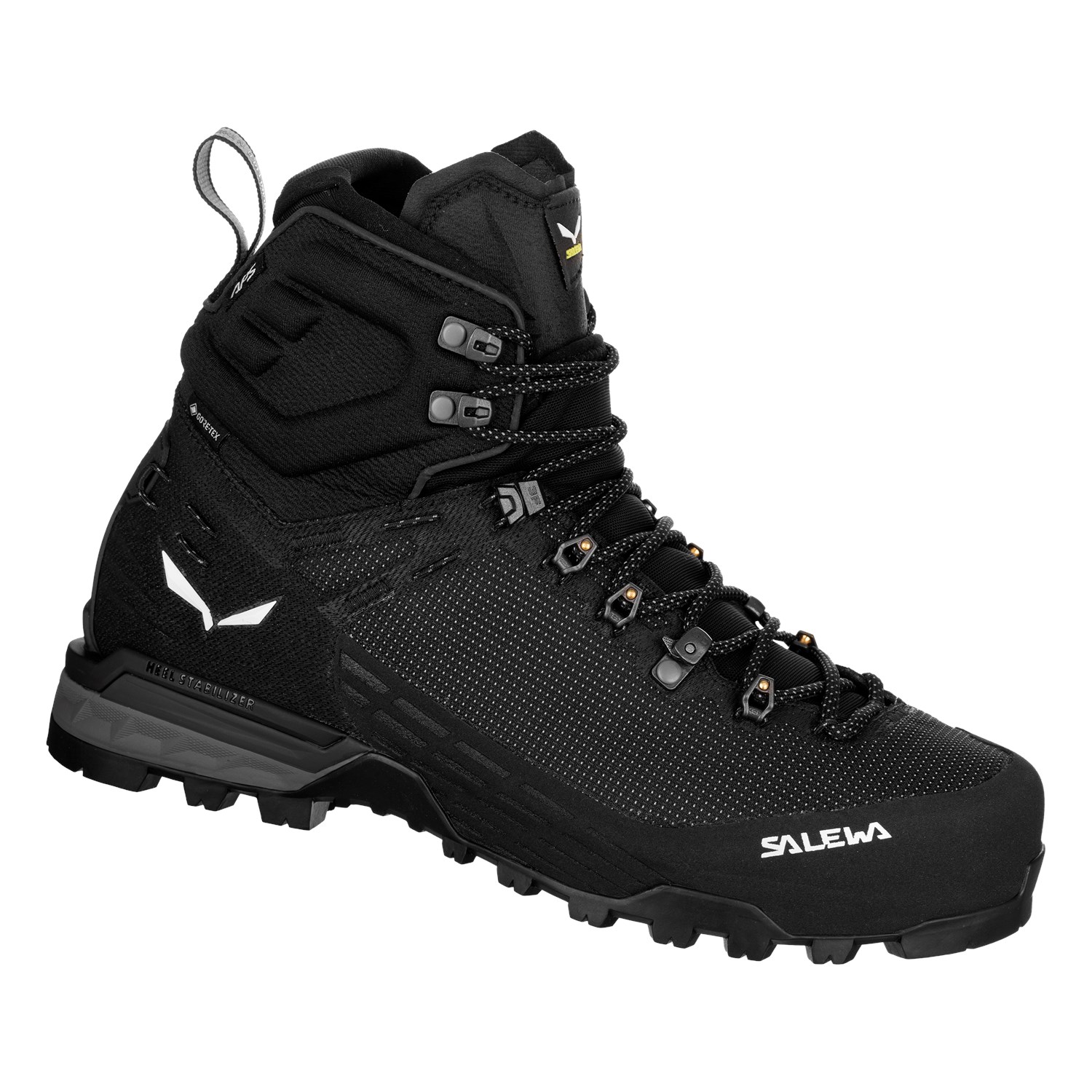I agree with you that if conditions are completely dry - then it's better to not wear a waterproof membrane. It really depends on the conditions. Everything is a trade off - waterproofing vs breathability is a prime example. But the comprise provided by quality membranes are worth it for most people. Hunting in Montana where I grew up, Alaska hunts or the Kentucky I've lived a few years now there is a often a heavy morning dew, a creek crossing, swamp, bottom or whatever. It's extremely rarely on a hunt that am I better off with a full waterproof boot (IE Muck boots) or rarely does it make sense to hunt without a membrane.
All manufacturers of waterproof membranes define "waterproof" by a minimum rating. Each one varies in this rating but a rating above 20-30k mm more or less means that under all but the most extreme conditions you'll stay dry. A membrane rating is defined by 3 metrics for breathability & waterproofing. By definition a "membrane" is a selective barrier so if a garment is truly 100% impermeable (IE rubber boot) it literally isn't a membrane. A membrane does 3 things - it resists water from the exterior, it allows water vapor to travel out from the interior & it allows air to pass through (CFM exchange).
It quite literally isn't true that waterproof (as defined by not getting wet) & breathable membrane doesn't exist. The US Army has done extensive testing on it (I'll locate & link) & it's well known/tested. With quality membranes I can seal my mouth against from the inside and exhale forcing a limited amount air through it through it. A PVC, rubber or laminate cannot do this. In fact some membranes actually increase in breathability with temperature.
In my opinion - most people dissatisfied with a breathable boot often are using a leather boot with a liner. You treat the leather with waterproofing where you are adding another layer & limiting breathability. Add insulation in on that & you're probably not really "breathing" at all by the time air & vapor has to pass through all 3. A quality well designed boot is key & the materials have to work together. My synthetic Salewa boots can get me through a wet area for extensive time while still being comfortable for miles & miles when dry. Rarely do I ever take my boots off to let my feet dry out on long hikes in. Membranes work pretty darn well.




